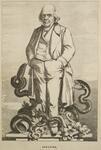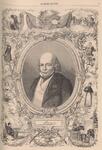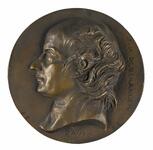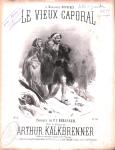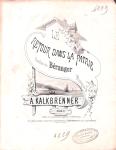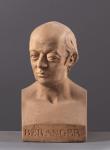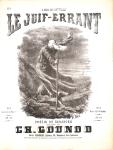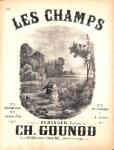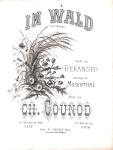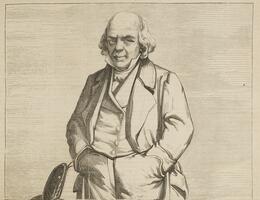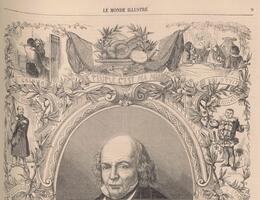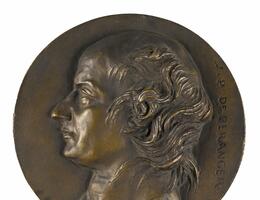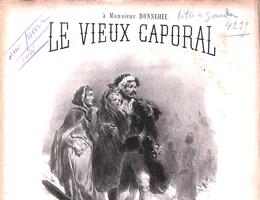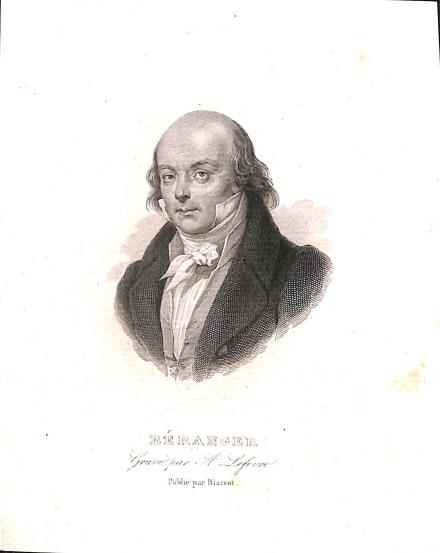
Pierre-Jean de BÉRANGER
1780 - 1857
Poet
Béranger was to become a chansonnier who enjoyed great influence until the end of the nineteenth century. His youth, however, had been difficult. His father, a businessman, was often absent and took little interest in his son’s education: the boy was brought up by his grandparents and later sent to live with an aunt. Shortly after 1789, we find him first of all training with a notary who had become a Justice of the Peace, a staunch humanist, who gave him his first real education, then serving an apprenticeship with a printer, with whom he acquired a taste for poetry. He wrote his first verses in 1795. Less than ten years later, Lucien Bonaparte, convinced of the young man’s talent, offered him his patronage and transferred to him his own pension from the Institut de France, an enviable situation that enabled him to devote himself fully to writing. In 1813 he was elected to the famous society of authors and songwriters known as Le Caveau Moderne, and his reputation as a provocative, anticlerical author and a fierce opponent of royalism, celebrating the greatness of the Empire and the Revolution, began to spread, notably through works that are still famous today, such as Le Roi d’Yvetot. Regarded as the father of the modern French chanson and one of the first politically committed French authors, Béranger had six song collections published between 1815 and 1833, two of which landed him in prison but also earned him the unfailing admiration and support of the ordinary people whose feelings he faithfully reflected in his work. Through his art of associating the boldest ideas with the simplest of forms, the nobility of highly patriotic and philosophical sentiments with an undeniable sense of rhythm, he was considered during his lifetime as equal to the likes of Sainte-Beuve, Stendhal, Dumas and Hugo.
Permalink
publication date : 29/09/23

